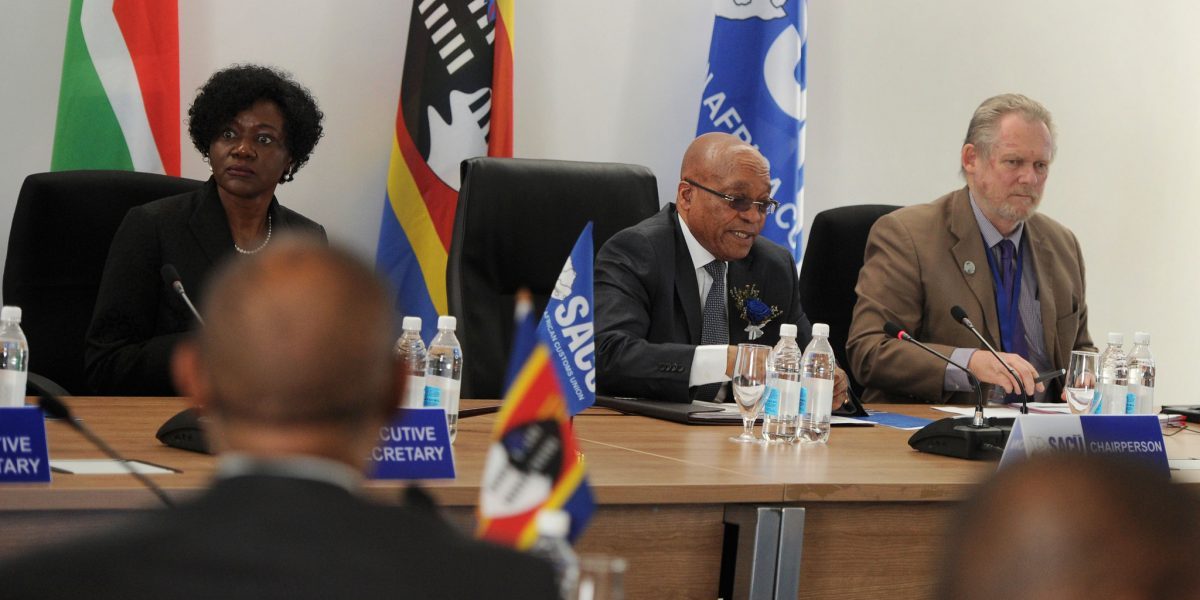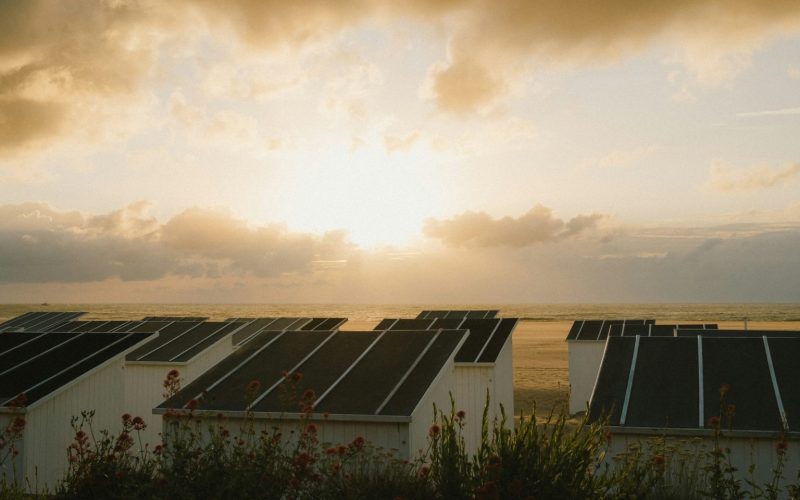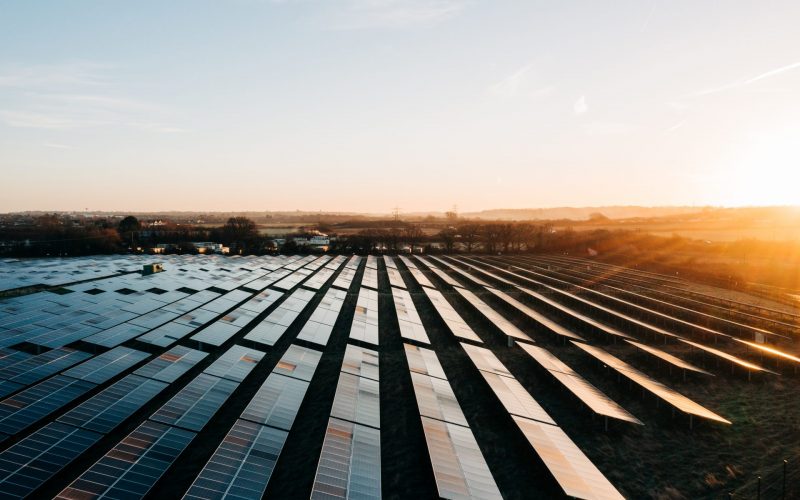The electricity sector in the Southern African Customs Union (SACU) member states is facing chronic challenges, including lack of surplus capacity, and underdeveloped power transmission and distribution infrastructure, resulting in losses in production. Hence, electricity’s contribution to the high cost of doing business in the region is increasing. Regional power utilities have enjoyed a monopolistic hold over their national electricity industries, which has contributed to the inadequate delivery of electricity services. The scale of capital requirements for new projects and the pressure this could place on countries’ balance sheets have increased the importance of private participation in the sector. Yet in most countries in the region, independent power producers have not gained much footing, partly because regulators are not politically powerful enough to take on state-owned monopolies. Electricity pricing is also a barrier that stems from the region’s historically low unit price of coal and electricity, although there has been a gradual rise in electricity prices over recent years, and large-scale investments cannot be justified due to the lengthy paybacks involved. The most pressing issue across all SACU member states (with the exception of Lesotho) is the failure of electricity providers to recover their full costs. Subsidies have been largely blamed for this.
Liberalisation in electricity services subsectors should be supported by a clear government policy in this regard and an appropriate legal framework in order to prevent abuses and provide incentives that encourage investment in the sector. Consequently, the Regional Energy Regulators Association has a role to play in supporting national regulators to open up domestic markets and thereby enhance regional expansion in electricity trade.
SAIIA sincerely thanks those who acted as peer reviewers for this paper.








